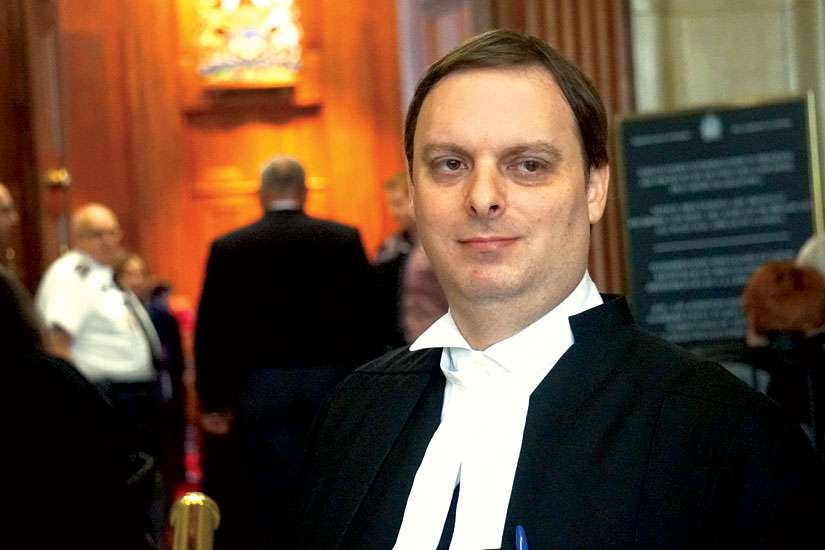Euthanasia became legal in Quebec on Dec. 10 after an appeal court overruled an injunction that would have blocked implementation of Bill-52, the so-called “medical aid in dying” legislation. The matter is back in court on Dec. 18 when three judges of the Appeal Court will rule if the original injunction should stand.
Although Bill-52 is now technically the law in Quebec there have been no reports of any terminally ill patients being euthanized. Doctors are proceeding with caution until the courts have made final rulings regarding the legality of doctor-assisted killing.
Should the Quebec Court of Appeal give Bill-52 its blessing, Canada’s Attorney General said the federal government would respect a request from Quebec to the Supreme Court to be exempted from Ottawa’s attempts to delay implementation of doctor-assisted killing. The court ruled last February that assisted suicide would become legal in Canada as of Feb. 6, 2016 but the new Liberal government has requested a six-month extension of that deadline. Quebec is clear that it wants its euthanasia law implemented without delay.
“Quebec’s request to the SCC to be exempted from a further period of suspension is worthy of consideration because their law addresses the regulation of access, procedures and administration of physician-assisted dying through euthanasia,” said Attorney General Jody Wilson-Raybould. “We recognize the leadership that Quebec has demonstrated in developing its own legislation on physician-assisted dying.”
Constitutional lawyer Hugh Scher, legal counsel for the Euthanasia Prevention Coalition (EPC), said it would be a “serious policy mistake” if Ottawa followed Quebec’s lead in how it drafts its laws on euthanasia and assisted suicide.
“The Quebec euthanasia law is fatally flawed, most notably by the absence of any before-the-fact adjudicative oversight by a court or tribunal to assess and identify vulnerability and ensure compliance with the requirements set out under the law, before a person is put to death,” he said.
“Its terms are nebulous and vague and it treats the intentional killing of patients by doctors as health care, which is fundamentally misguided and unconstitutional, particularly as euthanasia remains criminally prohibited conduct governed by the federal Criminal Code for those that don’t meet the parameters set out under the law. Euthanasia can’t be health care for some and criminal conduct for others.”
What matters now is what the Quebec Court of Appeal decides, he said.
“At present you have two different levels of government that have enforced expressively contradictory laws relative to the exact same conduct. In those circumstances the federal law is deemed to be paramount over the provincial law. They (the provinces) have no authority to legislate in an area of federal jurisdiction.”
Homicide and euthanasia have been legislated by the federal government “historically for more than 150 years,” Scher said.
As a result of this tension between the federal Criminal Code and Quebec’s legislation, which asserts doctor-assisted death is a health care matter and therefore falls under provincial jurisdiction, Quebec doctors are staying on the sidelines because under current federal law they risk being prosecuted if they cause a patient’s death.


